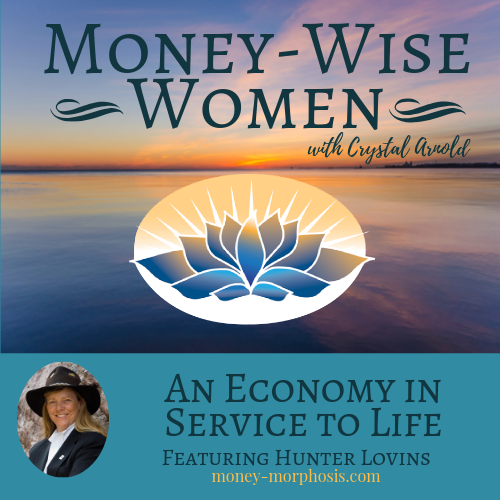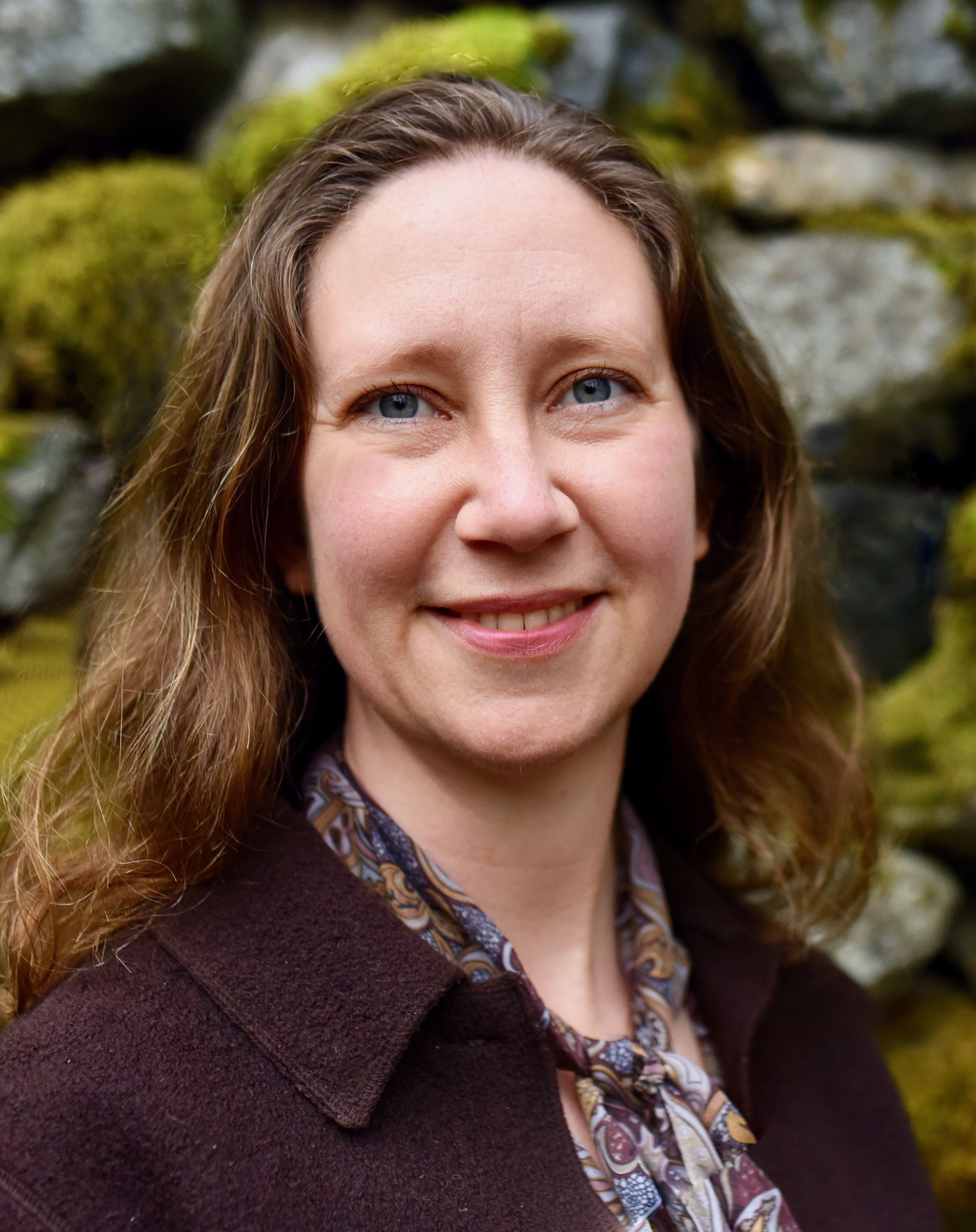For 50 years, creative performers and artisans have come together to share their gifts at the Oregon Country Fair. In July, we visited the fair in the small town of Veneta (pop. 4000), which broke records with over 51 thousand visitors over three days. As I bought handmade dragon wings for my son directly from the people who made them, I thought of how this $20 bill may circulate throughout the weekend, as the vendors buy things from others. Everything was paid for in cash; there were no service fees extracted by credit card companies. Participants in the Oregon Country Fair aim to create joy and satisfaction with each exchange, whether or not it involves money.
In this type of regenerative economy, value circulates and enhances the well-being of all participants and the environment.
“We are calling forth an economy in service to life,” says “Money-Wise Women” guest Hunter Lovins. She is the co-author (with Paul Hawken and Amory Lovins) of Natural Capitalism: The Next Industrial Revolution, has been a promoter of sustainable development for over 40 years, and is president of Natural Capitalism Solutions. She has written 14 other books, including, most recently A Fine Future: Creating an Economy in Service to Life.
A new narrative describes a healthy economy and ecosystem. Lovins says, “We think money is wealth but it’s only a small piece of it. True wealth includes well-being, belonging, having purpose, health, and relationships."
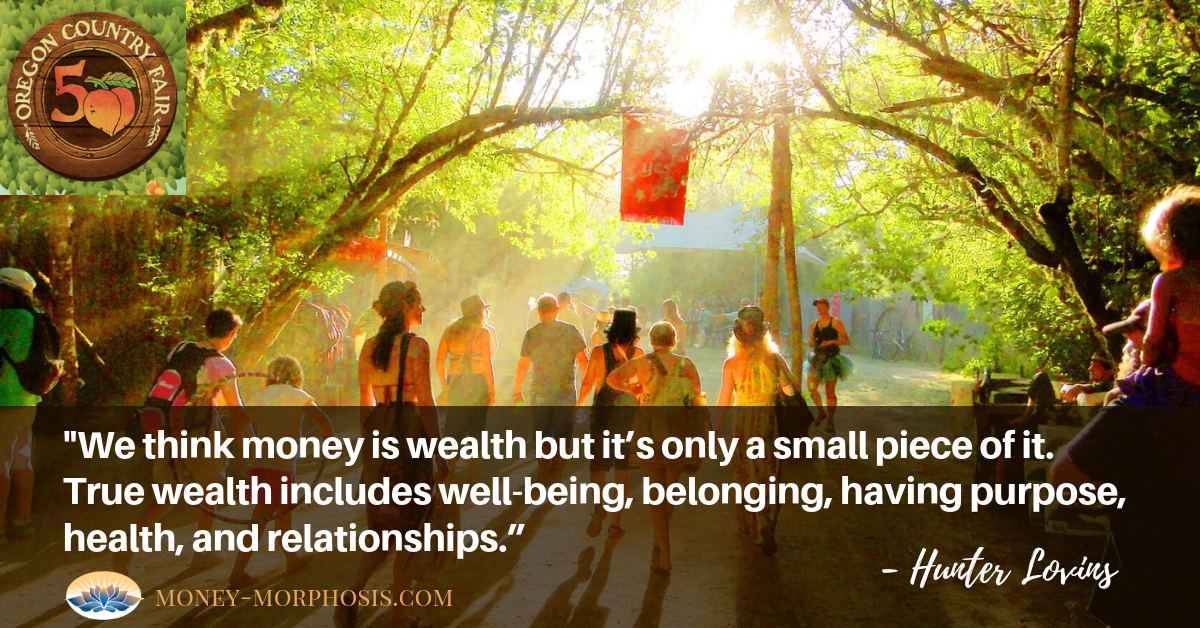
Many people are considering how to align their values with their finances. We see the rise of impact investing, values-based banking, and cooperative enterprises.
We must consider where our money works at night.
Whether in a bank, credit union, or investment fund, your money is having impact around the clock. Lovins is the chief of impact at Change Finance, which was founded to empower financial activism. They believe that it is imperative to transform capital markets in order to create a healthy economy.
Change Finance is leading the divestment from fossil fuels, the only majority woman-owned and -managed financial company offering ETFs (exchange traded funds) that are truly fossil-free, clean, and responsible. They are bringing innovative investment options to people who want to align their money with their values.
She describes how they choose in whom to invest, “We believe these are some of the best companies with long-term business models. They are conscientious regarding their impact on employees, supply chains, people, and planet. They do what they can to reduce their carbon footprint, implement inclusive employment practices, harness the wisdom of women, and seek to do good in the communities where they do business.”
She explains the principles of a regenerative economy, “We have to slow down the waste and move to a circular economy. A regenerative economy begins with right relationship. The economy as measured by the GDP is a linear process inside of society, inside of the biosphere. Because the relationship between these three spheres is out of whack, we’re living in a degenerative world.”
At the fair, most food booths had biodegradable containers instead of plastic. A circular economy is designed on products for cradle-to-cradle use. Analyzing the economic impact of a circular economy, it would save $1 trillion to close the loop of waste, alleviating the trash of our modern fetish with disposable goods.
In biomimicry, the most fertile ecosystems are where two different ecosystems come together, because they have diversity. This is called the edge effect. Treasuring and enhancing diversity is crucial feature of a regenerative economy. In a healthy system there is a balance between resilience and efficiency.
We are seeing a dissolution of value in fossil-fuel and nuclear industries. Large state pension funds, including California’s, has divested from these industries. A rapid and inevitable decline in the use and value of the fossil-fuels is happening for four significant reasons according to Stanford researcher Tony Seba, author of Clean Disruption: 1) fall in the cost of solar; 2) fall in the cost of storage (affordable batteries); 3) electric cars; and 4) the autonomous vehicle.
We must honor what Wendell Barry says, “What I stand for is what I stand on.” Lovins advocates for systems where participants are contributors to their local economies and not voracious extractors of value. As the design of our ownership and exchange systems transform, we create an economy in service to life. This transformation awakens joy, reminding me of the marching bands that enlivened narrow pathways between artisan booths at the Oregon Country Fair.
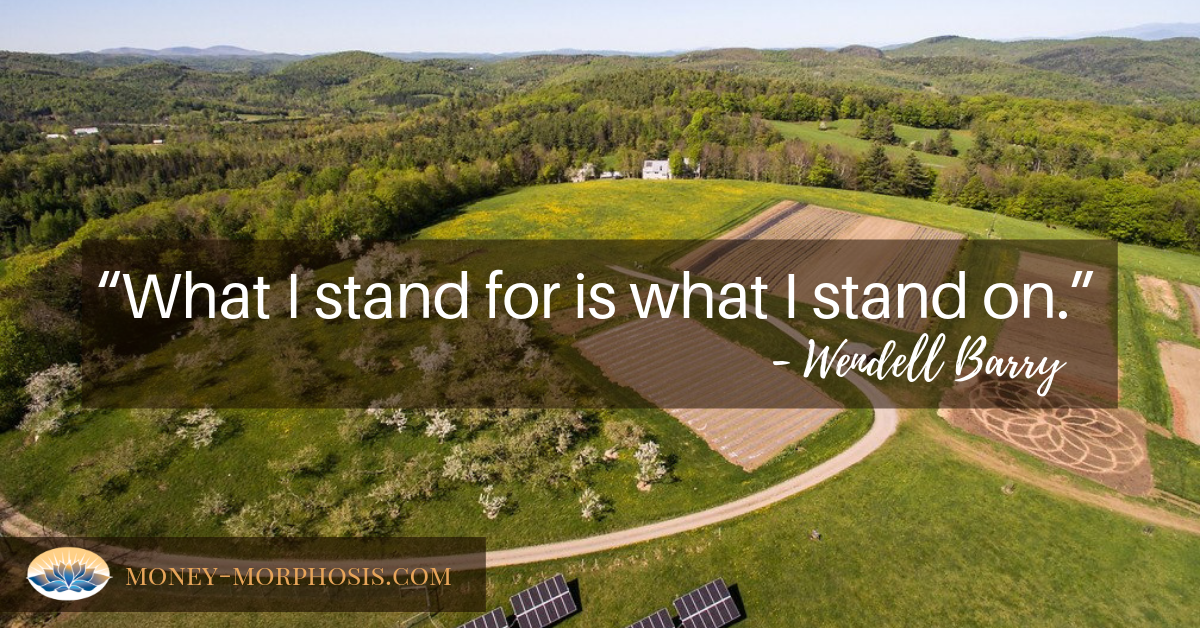
Natural Capitalism
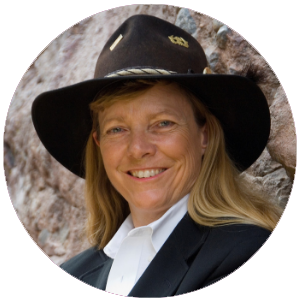
L. Hunter Lovins is an author, has been a promoter of sustainable development for over 40 years, and is president of Natural Capitalism Solutions, a 501(c)3 non-profit in Longmont, Colorado. She is the chief insurgent of the Madrone Project and teaches sustainable business management at Bard College in New York.
She was a founding professor at Presidio Graduate School’s MBA in sustainable management program (2002-10). She co-founded the Rocky Mountain Institute (RMI) which she led for 20 years. She has addressed the World Economic Forum, the U.S. Congress, and the World Summit on Sustainable Development. She was named a “green business icon” by Newsweek and a millennium “Hero of the Planet” by Time magazine.
She is author of 15 books and hundreds of articles that have appeared in Science and Nature. Her 1999 book, Natural Capitalism, has been translated into more than 35 languages.
Hunter Lovins served on the boards of Engineers Without Borders and the University of Colorado’s Center for Engineering for Developing Communities. She was also part of helping the International Finance Corporation create the Equator Principles (principles governing investment in developing countries).
Hunter has worked in economic development from Afghanistan to New Zealand, and served the King of Bhutan on his International Expert Working Group, charged with reinventing the global economy. She sits on the Executive Committee of the Club of Rome, the steering committee of the Alliance for Sustainability and Prosperity, and Capital Institute’s advisory board. A founding mentor of the Unreasonable Institute, she is also a founding partner in Principium, an impact-investing firm. Natural Capital Solutions

